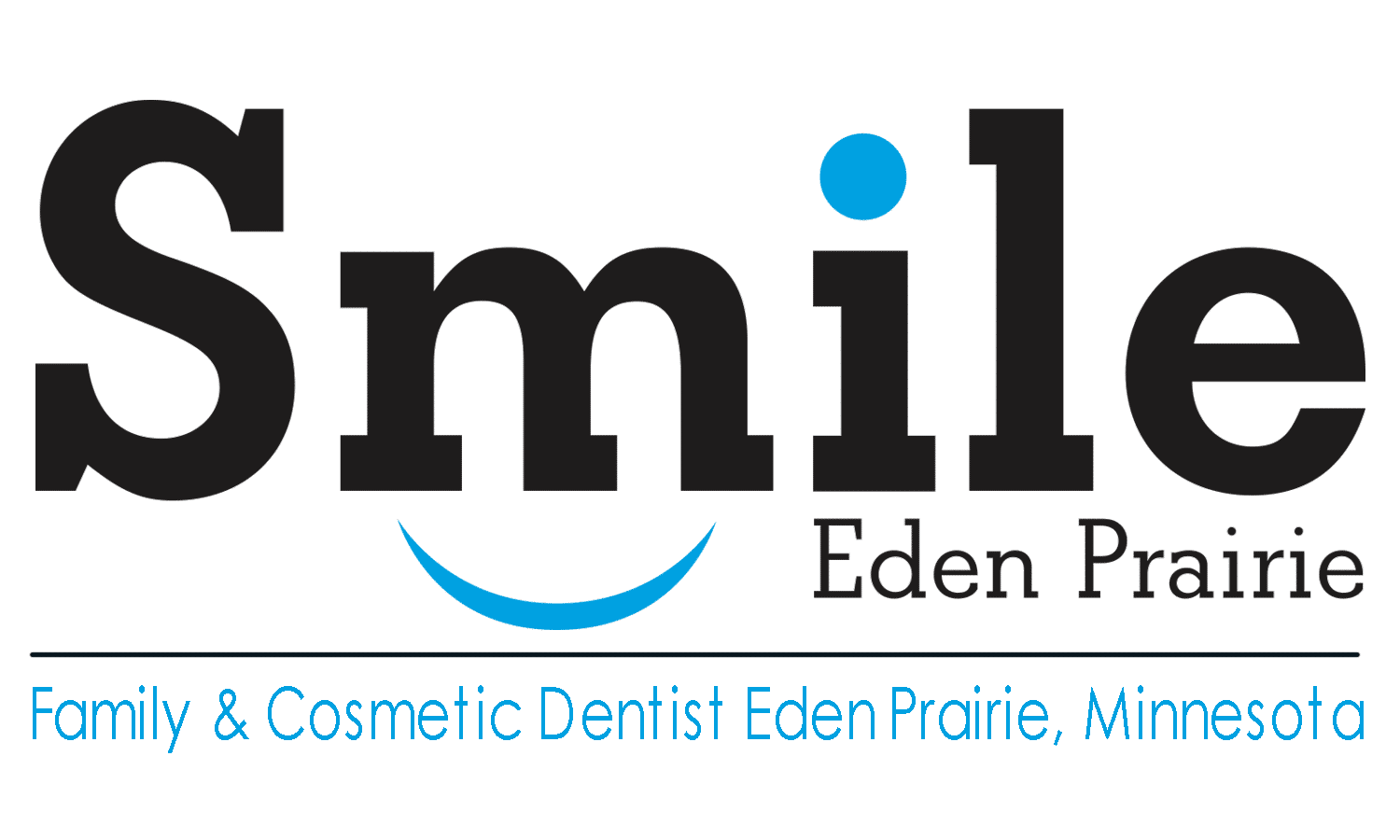Trouble Eating or Difficulty Chewing
If you are having trouble eating or difficulty chewing, you may be frustrated and confused. There are many possible reasons for your discomfort. Unfortunately, trouble with eating or chewing is commonly accompanied by other symptoms. Fortunately, these other symptoms may be the key to helping your dentist determine the cause of your discomfort. If you are having trouble eating or chewing you should contact your dentist and they will help you identify the cause and the right treatment plan. Below is more information on the possible causes of the difficulty you are experiencing with eating or chewing.
Possible Causes of Pain with Eating and Chewing
If you are experiencing pain with eating or chewing, there are many possible causes of your discomfort, including:
- Osteoarthritis in the jawbone
- Grinding or clenching of the teeth
- Dry mouth
- Gum disease and tooth decay
- Infections in the mouth
- Hidden damage in one or more teeth
Related Symptoms That Can Help Identify the Problem
It can be difficult to determine the cause of difficulty with eating and chewing. This is because there are so many possible causes of this discomfort. Fortunately, symptoms that often accompany chewing difficulties, can be used to help your dentist identify the cause. For example, difficulty chewing accompanied by strange or bad taste in the mouth is a common sign of a dental condition. Additional symptoms that often occur with pain or discomfort while chewing include earaches, tenderness in the jaw, or headaches. Unexpected weight loss is a more serious symptom that can accompany difficulty or pain with chewing. The most severe case that calls for immediately contacting a medical professional is when difficulty chewing is paired with the inability to swallow.
What to Do If You Have Pain When You Chew
If you have pain or discomfort when you chew, you should start to pay attention to any additional symptoms you may experiencing. If you also noticed difficulty with swallowing, you should contact a medical professional immediately. Although difficulty chewing may not be serious, an appointment with your dentist or a visit to a medical provider will help to rule out more serious underlying causes. Your doctor or dentist may want to perform a gastrointestinal system exam and look for potential neuromuscular disorders. Your dentist may also want to perform X-rays to help identify the source of the problem. Your dentist will conduct a comprehensive dental exam and look for oral infections, alignment issues, or other oral causes of your discomfort.
Until you have determined the cause of your issues with chewing and eating and your discomfort has receded, there are things you can do to minimize your pain. Sticking to soft foods and drinking plenty of fluids will help to reduce your day to day discomfort. Additionally, if you do your best to maintain a nutritional well-balanced diet and supplement your diet with protein shakes or medication as prescribed by your dentist or primary care doctor you may also notice your pain has decreased.
